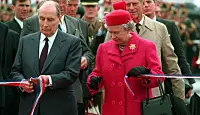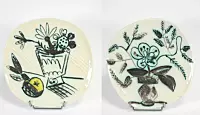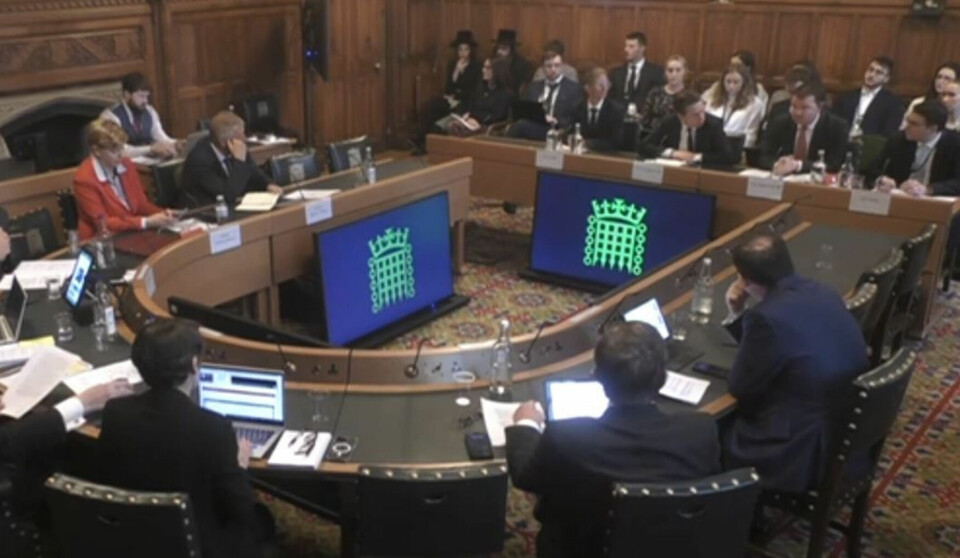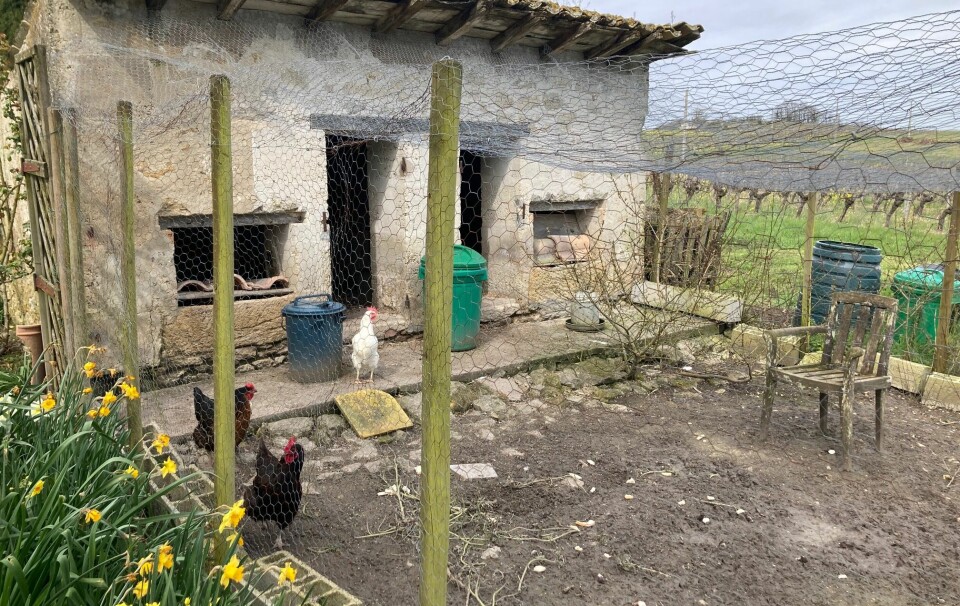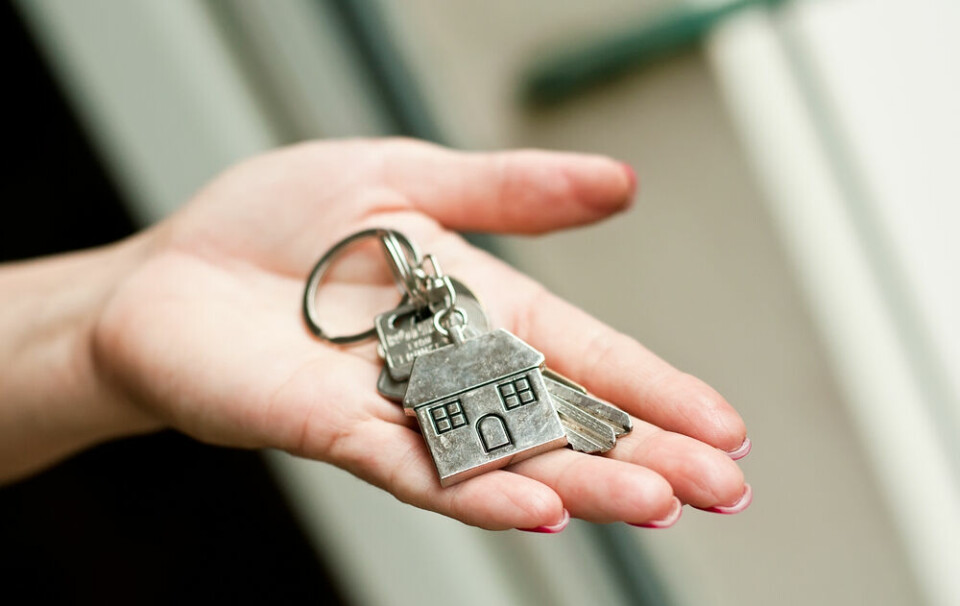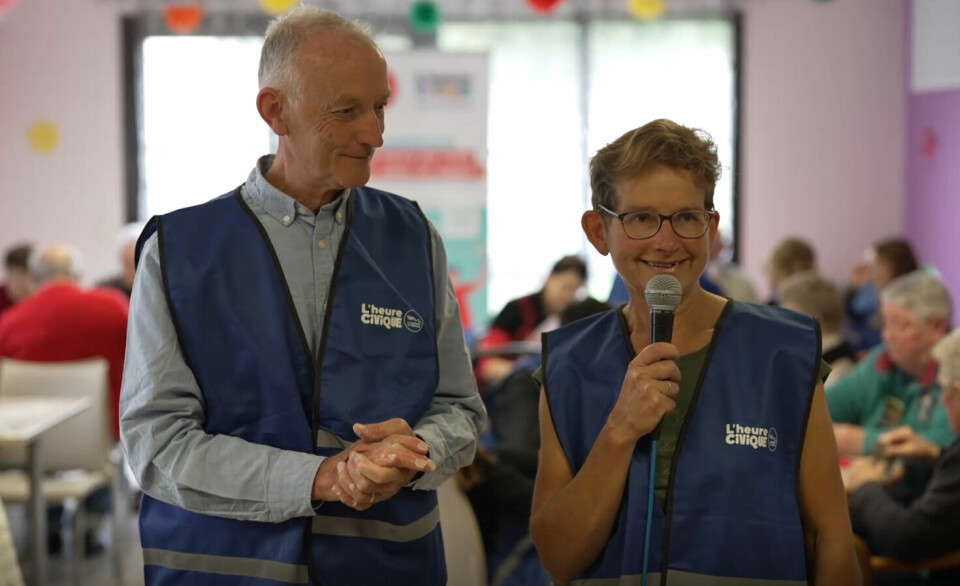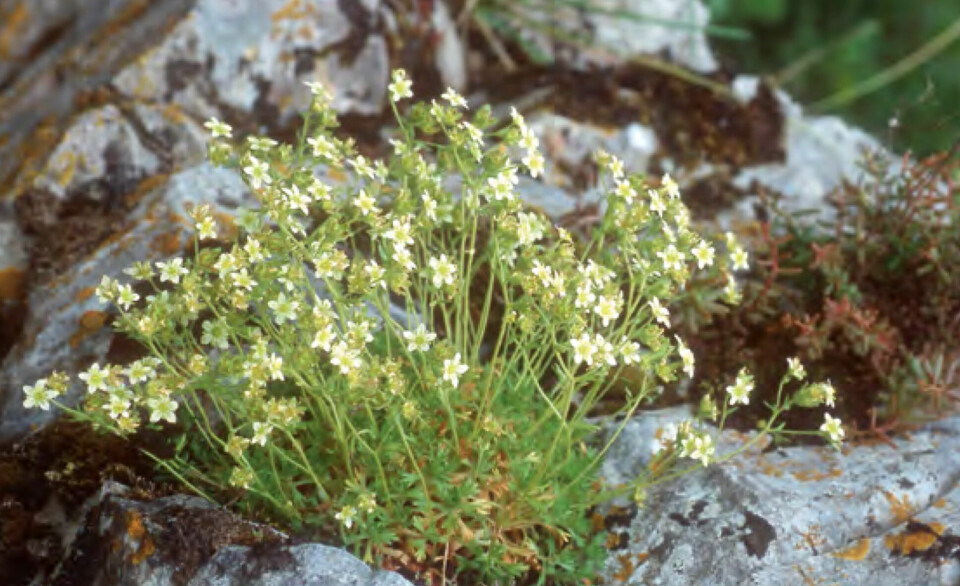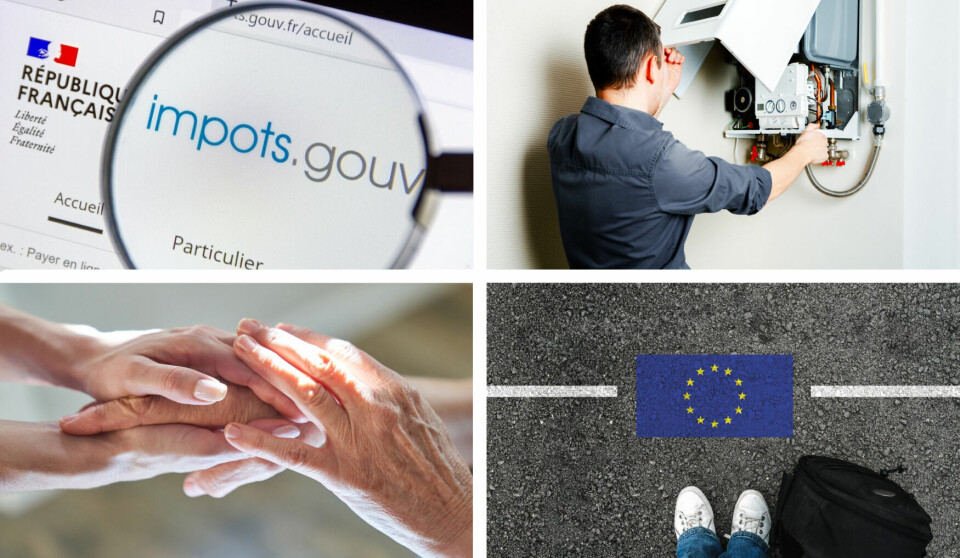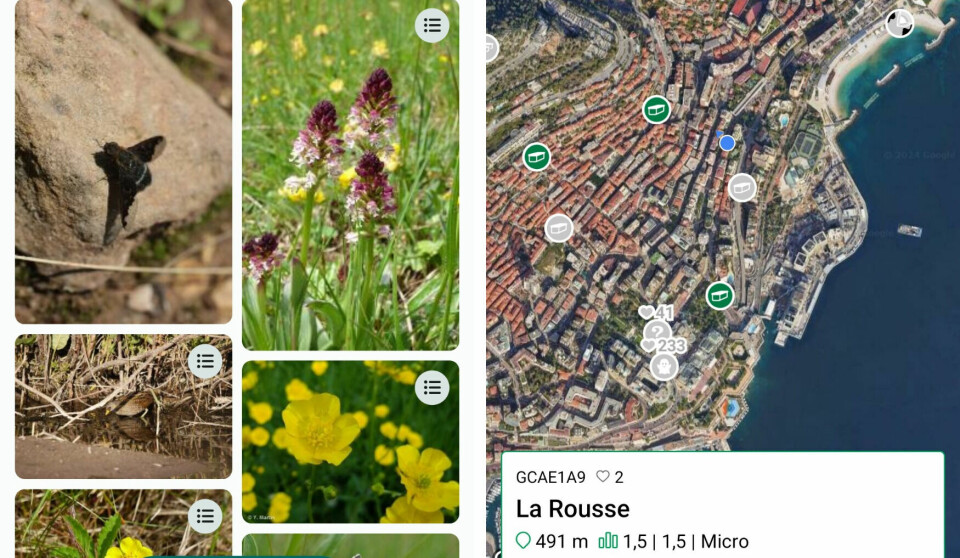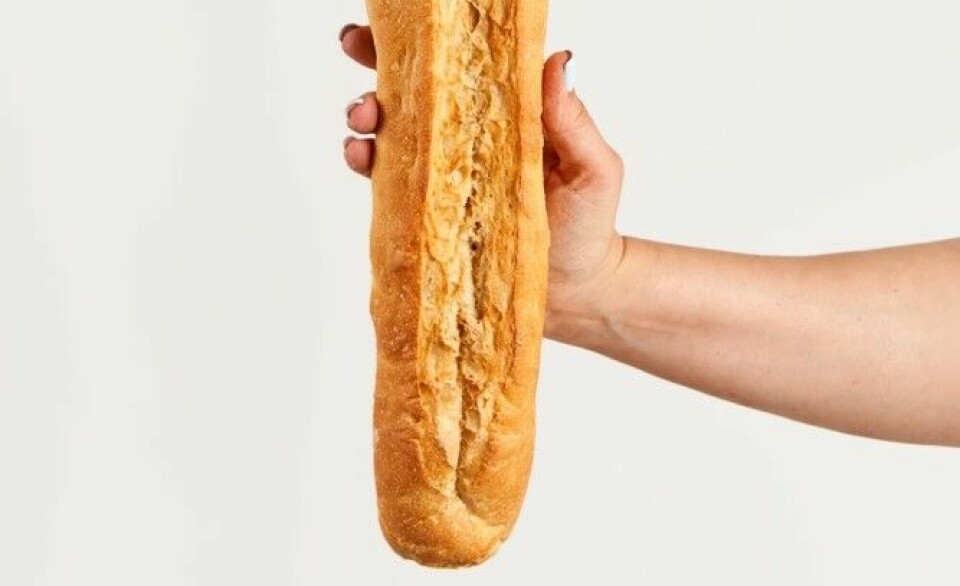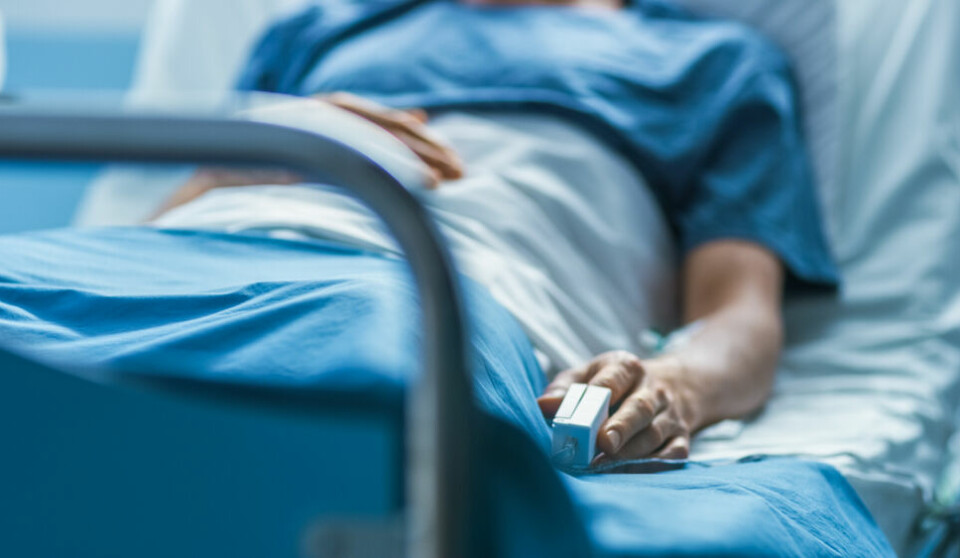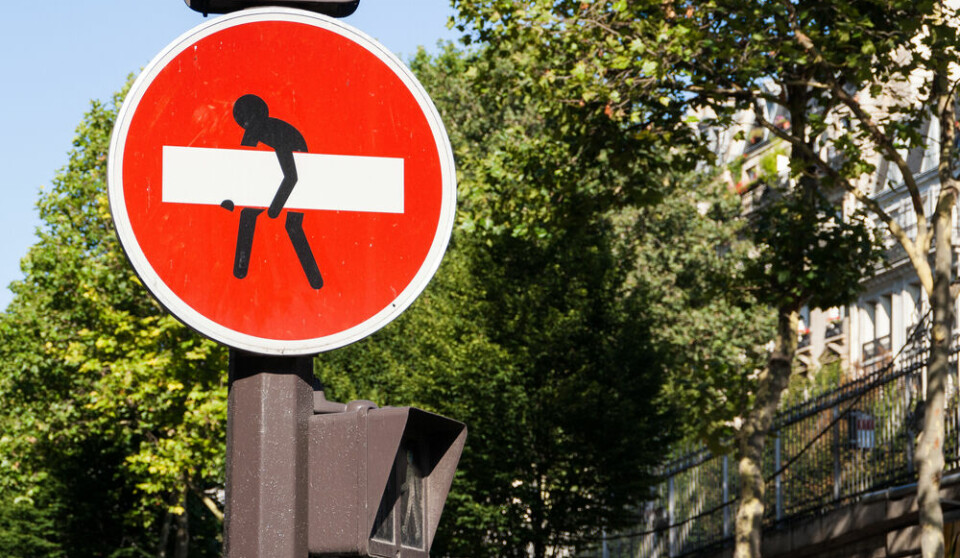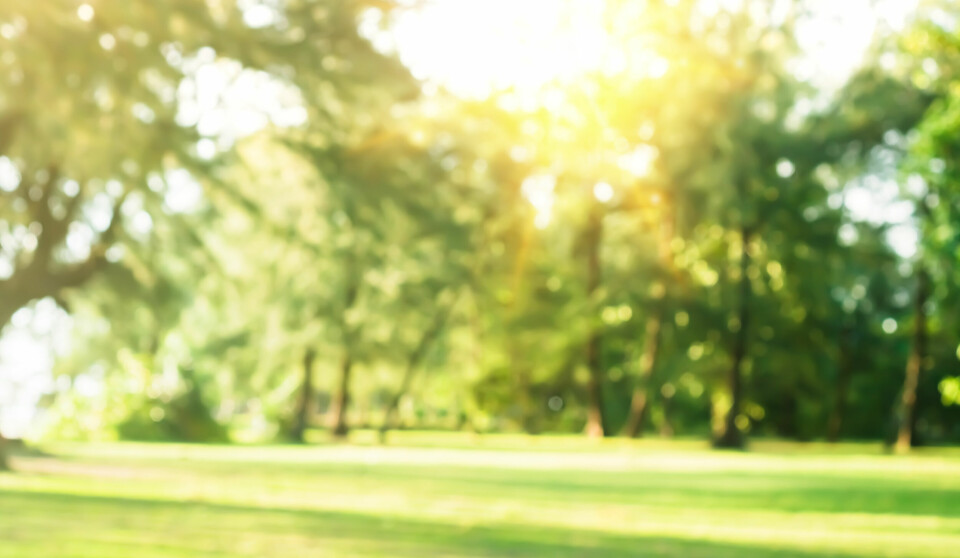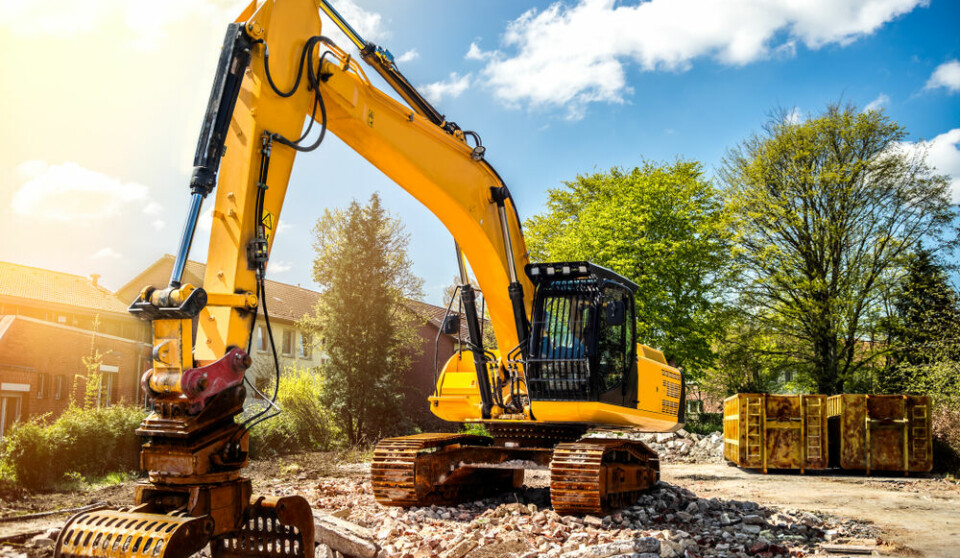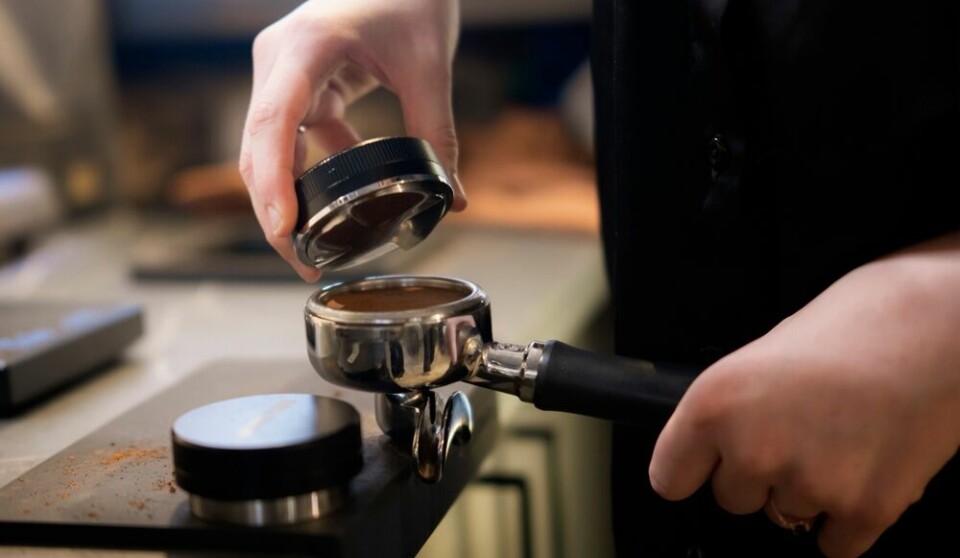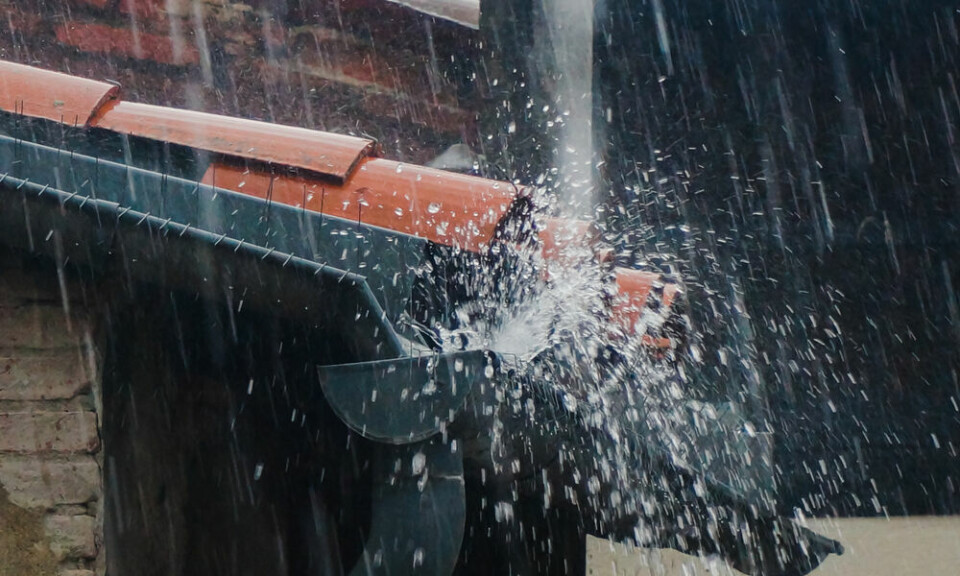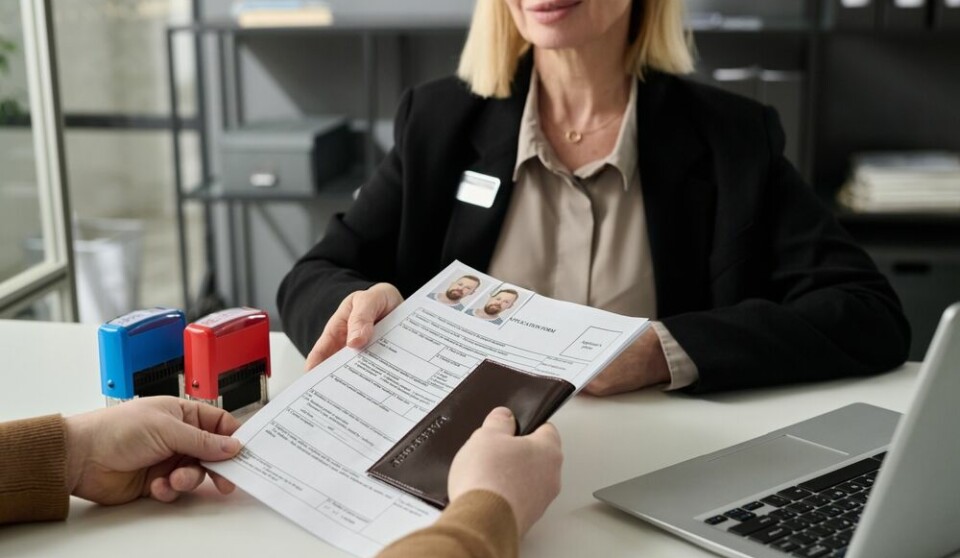-
Channel Tunnel is 30 years old today
Technological wizardry, historic handshakes and catastrophe on the stock exchange mark the history of the Channel Tunnel
-
Couple buy Picasso plates for €4 at brocante - and sell for big profit
The two plates have now been sold at auction in France
-
French motorway closed after hives fall out of lorry releasing bees
Dozens of hives were cracked open after toppling during a crash
Concern as breast cancer checks fall in France. How do I get screened?
In 2022, only 44.9% of eligible women in France went for checks, down from 50.6% the previous year
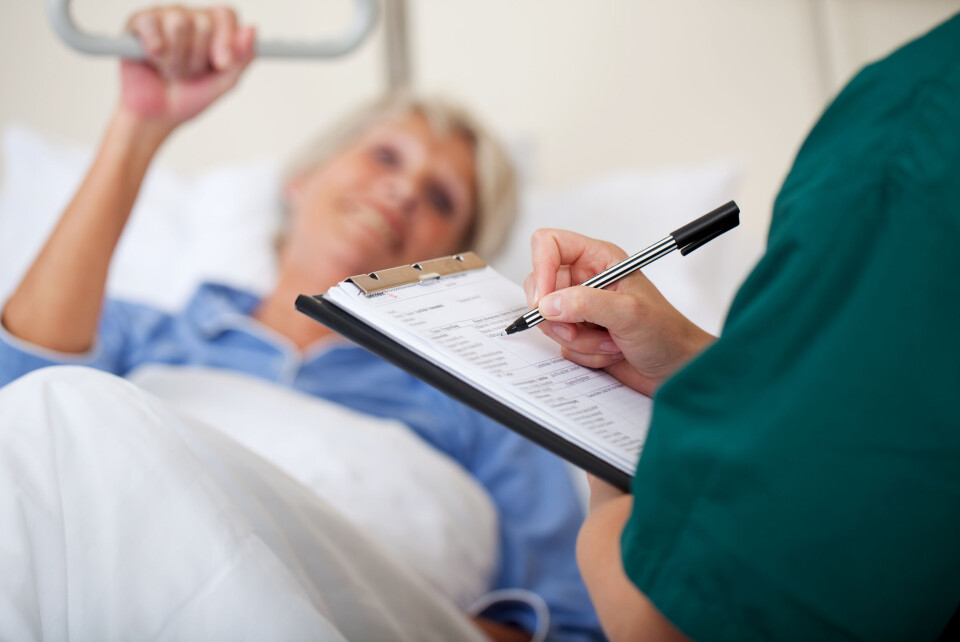
The effects of the Covid-19 pandemic are still being felt in France.
One of the consequences has been a drop in the number of women going for breast cancer screening.
France’s public health authority Santé Publique France has published data that shows fewer than half of women eligible in France for these checks went for one, even though they are free and can significantly increase the chance of catching cancer early and therefore recovering from it.
In 2022 only 44.9% of eligible women went for checks, down from 50.6% in 2021.
France recommends women between the ages of 50 to 74 go for a breast screening, which involves a clinical examination and a mammogram, every two years.
Read More: Breast cancer: Who can get free screenings in France?
Santé Publique France said it would take several years for testing rates to return to normal following the Covid-19 pandemic.
However, it noted there has been a progressive drop in the number of people getting checks since 2012.
Paris region is worst for getting checks
The data shows the region around Paris - Île-de-France - had the lowest proportion of eligible women going for breast cancer screening.
On average, fewer than 40% of women went for checks, with only 27.9% of women in Paris itself getting checked. Many of the worst departments were in the south of France, including Var, Bouches-du-Rhône and Alpes-Maritimes.
The Pays de la Loire region, meanwhile, had the highest check-up levels, with 55.3% of women going for screening. In terms of departments, Hautes-Alpes, had the highest participation rate, followed by Indre-et-Loire and Bas Rhin.
As a whole, older women seem to be better at getting their checks than younger women. In the 2021-2022 period, fewer than 48% of women aged 50-54 years went for a check-up. It was worse for the 55-59 age group, with less than 44% taking part. Meanwhile, those in the 60-69 age bracket had an almost 50% check-up rate.
Read also: Are you benefiting from the free cancer screening available in France?
How does breast screening work in France?
All women aged 50-74 in France are invited by their local cancer screening centre Centre régional de coordination des dépistages des cancers (CRCDC) for a breast check every two years. Women in this age group receive a letter with a list of approved radiologists, or they can make an appointment with a radiologist of their choice.
The screening itself involves a mammogram - an X-ray of the breasts - and a clinical examination to check for certain abnormalities that do not show up in the mammogram.
The radiologist conducted the exam gives their initial conclusions and then carries out further tests if necessary (such as ultrasounds). If no abnormalities are detected, a second radiologist will examine the test results and then two weeks after the screening, the final results are available to pick up at the radiologist.
Read more: Getting a breast cancer scan in France: FAQs
How do I sign up for free screening?
If you are registered with the health service - Assurance maladie - in France, you should automatically receive a letter inviting you for a screening every two years.
If you have not received your invitation, you can contact your local screening centre which oversees the screening programme locally and regionally. It also sends invitation letters.
What are the possible signs of breast cancer?
The following signs do not necessarily mean that you have cancer, but you should tell your doctor promptly if you notice them.
- The appearance of a lump in the breast or under an arm (armpit)
- A change in the skin: shrinkage, redness, swelling, or an orange peel appearance;
- A change in the nipple or areola (the area around the nipple): shrinkage, change in colour, oozing or discharge;
- Changes in the shape of your breasts.
Related articles
Cancer expert alarmed by ignorance of risk factors in France
